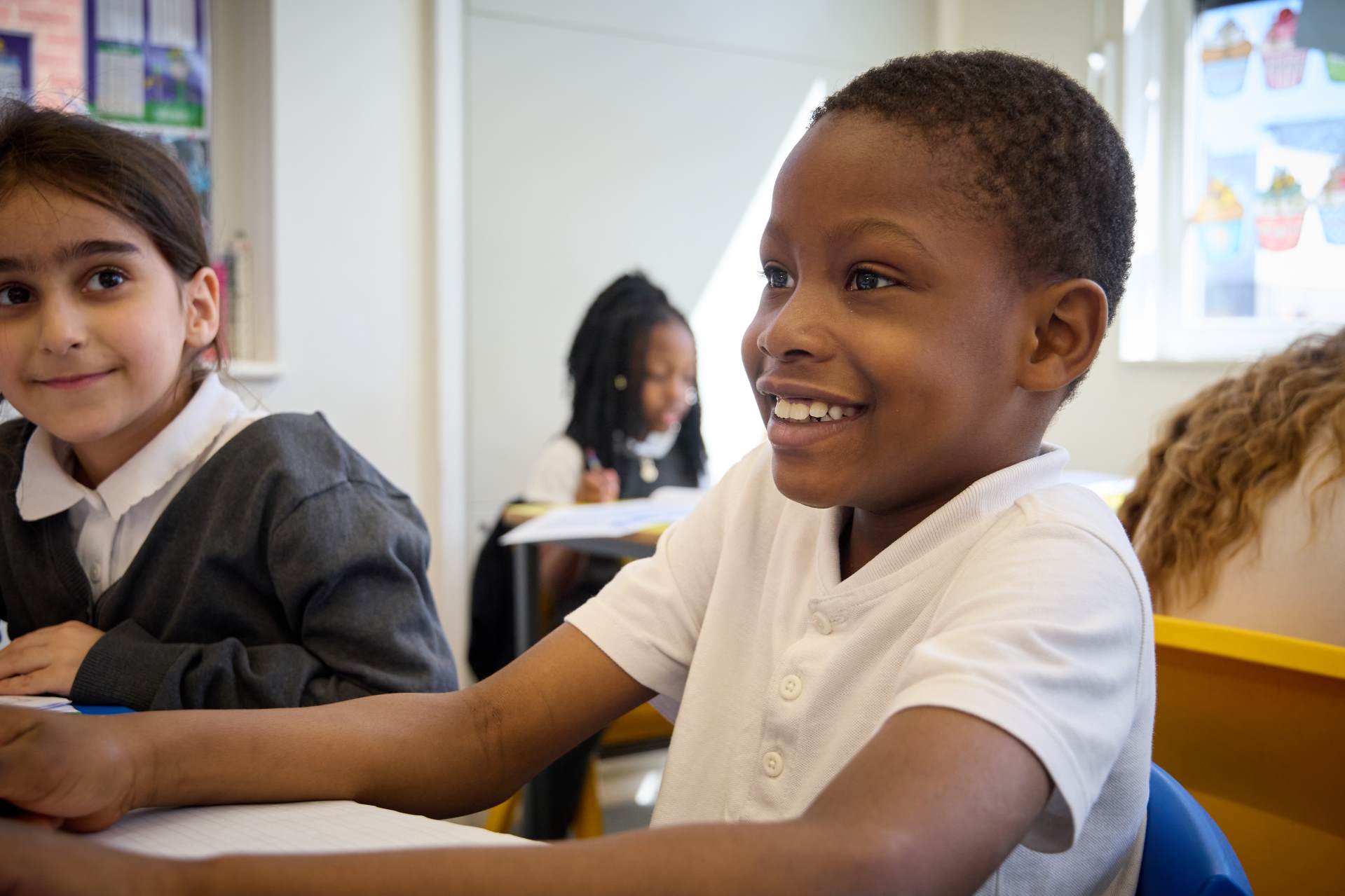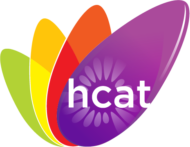Geography

Intent
Through high-quality teaching, our aim for geography at Collingwood is to ensure all pupils develop a contextual knowledge of places globally, nationally and locally, as well as defining physical and human characteristics. Collingwood aspires to deliver a geography curriculum where children are inspired and enthused to find out about the physical and human world. Through their growing knowledge and understanding of geography, children will learn about places, people and the environment. By exploring their own locality and through studying others, they will learn how to draw and interpret maps and deepen their geographical skills through enquiry learning.
Implementation
To ensure high standards of teaching and learning in geography, we implement a curriculum that is progressive throughout the whole school. Geography is taught as part of a termly topic, focusing on knowledge and skills stated in the National Curriculum. Children interpret information presented by a range of geographical resources to further develop their skills, knowledge and understanding. Within different topics, children have the opportunity to explore a range of geographical resources such as: maps, globes, diagrams, aerial photographs and digital mapping.
Impact
By careful curriculum design and rigorous implementation, children leave Collingwood having developed the geographical knowledge and skills to help them explore, navigate and understand the world around them and their place in it. Children’s knowledge and skills will develop progressively as they move through the school, not only to enable them to meet the requirements of the National Curriculum but to prepare them to become competent geographers in secondary education
FS2
The children in Foundation Stage cover geography within 'understanding the world.' The children regularly observe changes/differences in seasons and the impact certain weather conditions can have on our environment. Linking to their story, they will also look at the Gingerbread Man's journey and compare this to their own walk to school.
Year 1
Year 1 will begin their geographical knowledge through the study of Hull, London and the coastline - which links to the historical figures they are studying. They will begin their geography journey by looking at their local area and then expanding their focus onto the UK - begining to understand the difference between a city and a country, land and sea.
Year 2
Year 2 will focus their geographical learning around their topics; Great Fire of London, Explorers and Africa. They will begin by learning the 7 continents and the 5 oceans, as well as the 4 compass points. Building on the knowledge from Year 1, they will begin to understand that we live in Europe. They will also compare their local city with one other city, begining to understand human geography and what this entails.
Year 3
Year 3's geography this year will be focused around their topics too. Their topics; Romans, The Stone Age and Local history, will allow them to develop their geographical skills. Through the use of atlases and various other maps, Year 3 will be introduced to lines of lattitude and the different hemispheres, as well as being introduced to the language surrounding human and physical geography.
Year 4
Year 4 will extend their geographical knowledge through their topics of Ancient Greeks, The Romans and the South American Rainforest. Their knowledge of lines of lattitude will be deepened and the will learn about different biomes and climates. Year 4 will begin digging deeper into atlases and use keys to discover land height and different environmental regions
Year 5
By using existing knowledge of the world, Year 5 will focus their geography learning through their WW2, Ancient Egyptian and Local History topics. Year 5 will focus their learning around lines of longitude and lattitude and what this means for the world. Using different maps, Year 5 will study physical geography and what this means for countries economics.
Year 6
Through their topics of slavery, Victorians and Shang Dynasty, year 6 will focus their geography around trade links and the distrubution of resources. They will also study different natural disasters, such as volcanes and earthquakes, and compare 2 regions' human and physical geography



